by David Arnot (@davidevolve353)
Let’s think about training as if you were aiming to become a better athlete, the aim is to become fitter, faster, stronger, leaner, etc. The gym/track session is the stressor (eustress, not distress) where you are giving your body a stimulus which it will then adapt to. After the session you need to replenish the energy stores used and provide a few essential things to make sure the body has everything available to it in order to become the better, faster version you want to be.
You must eat enough to offset the energy expenditure, if you don’t you may experience: loss of muscle/bone mass, reduced sleep quality, poor recovery, hormonal fluctuations, increased resting heart rate and even illness. The harder you train, the more you need to fuel.
Beyond optimal energy intake, consuming adequate amounts of carbohydrate, protein and fat is important for athletes to support and optimise their training and overall performance.
Preferably, the majority of your diet should come from wholegrains, vegetables, meat, fish, fruit, etc, while foods that empty quickly from the stomach such as whey powder, refined sugars, starches and sports gels should be kept to pre/peri/post workout.
If you want to take that step up in your performance, you cannot expect to perform at your best on a diet (meaning an ‘energy restricted diet’).
Most of us can lose a litre of sweat during a workout, maybe even double that. Dehydration causes a drop in performance, 2% of bodyweight is enough to do it. A 65kg athlete will start to have a drop in performance after losing only 1.3L of sweat. Make sure you drink water, little and often. Maybe weigh yourself before and after your next workout, is there a difference? It will be water loss.
Macronutrient intake suggestions:
Fat: 0.8g/kg/day
Protein: 1.5g/kg/day
Carb: 5g/kg/day (If you are lacking calories, increase this one)
Try the sums and give it a crack, become a better version of you.
(banner pic courtesy of @freshfitnessfood
